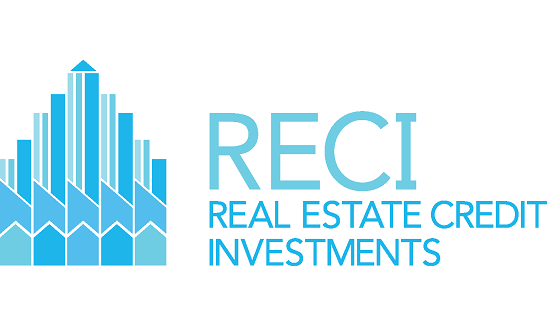The landscape in alternative credit appears to be shifting just as signs of life are emerging in commercial real estate.
Commercial property valuations in the U.S. posted their first monthly uptick in five months, led by large-ticket, investment-grade assets. Smaller properties also gained, though more modestly. Sellers appear increasingly patient, pulling listings or holding off sales in hopes of stronger pricing ahead. Transaction volumes remain uneven, with institutional buyers returning selectively, particularly for assets that offer scale or stability.
Against that backdrop, private credit is moving into new terrain. Lenders are carving out expanded deal scopes, including structured credit, hybrid instruments, and sponsored private credit. More capital is trending toward strategies that sit between traditional debt and equity, driven by demand for yield in a low-rate environment. Risk dispersion is being woven into these structures via collateralisation, credit enhancement, and covenants tailored for today’s volatility.
As a reminder, commercial real estate encompasses income-producing properties such as offices, retail, industrial and multifamily, while private credit refers to non-public debt investments, often structured with terms and protections tailored to institutional investors.
Real Estate Credit Investments Limited (LON:RECI) is a closed-end investment company that specialises in European real estate credit markets. Their primary objective is to provide attractive and stable returns to their shareholders, mainly in the form of quarterly dividends, by exposing them to a diversified portfolio of real estate credit investments.





































